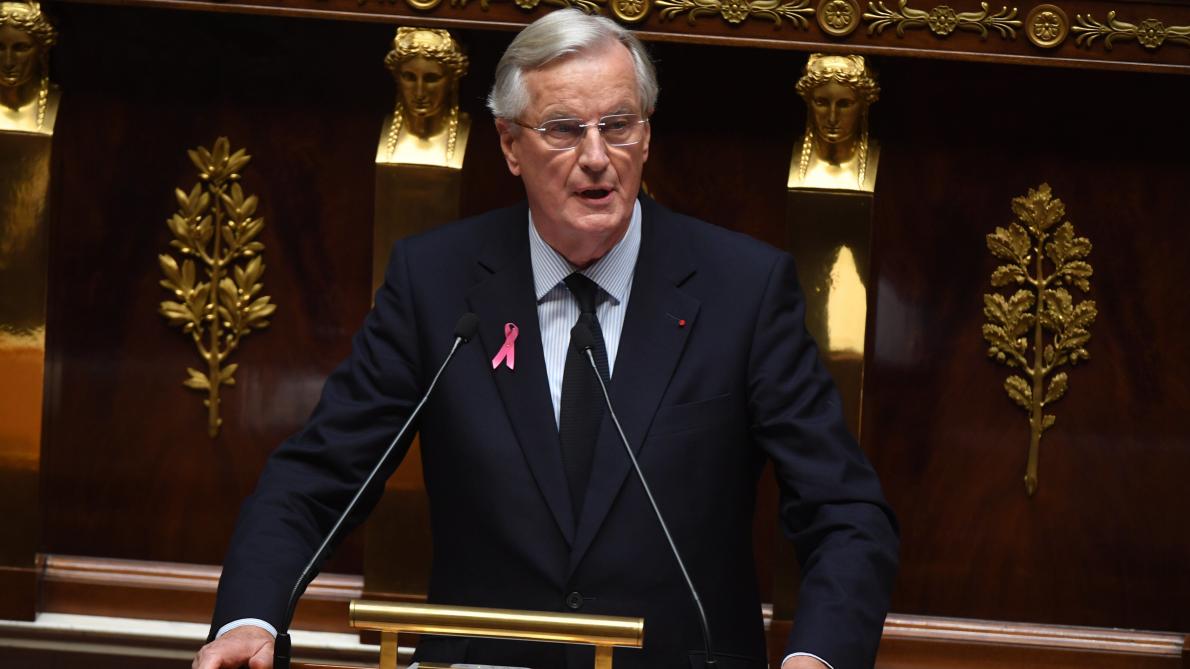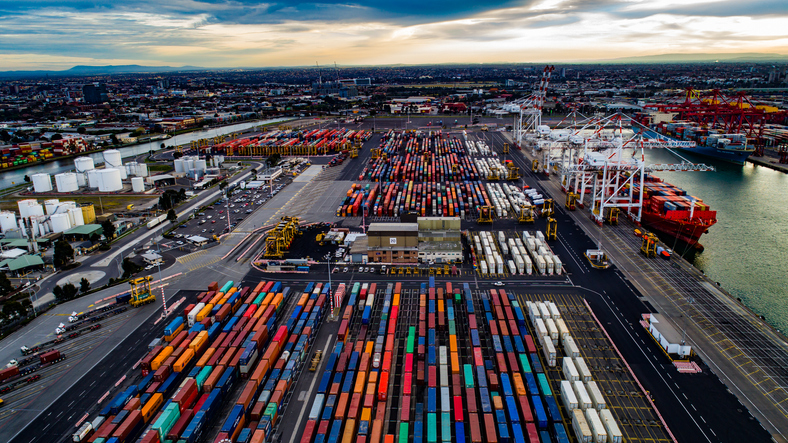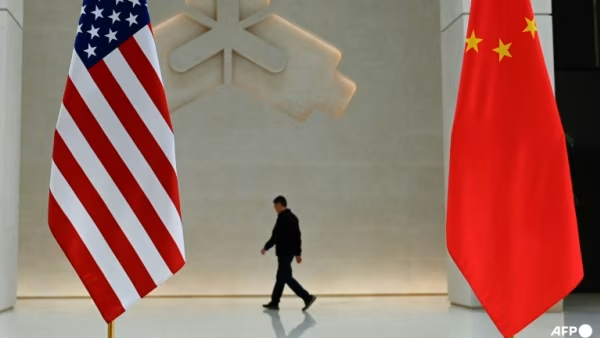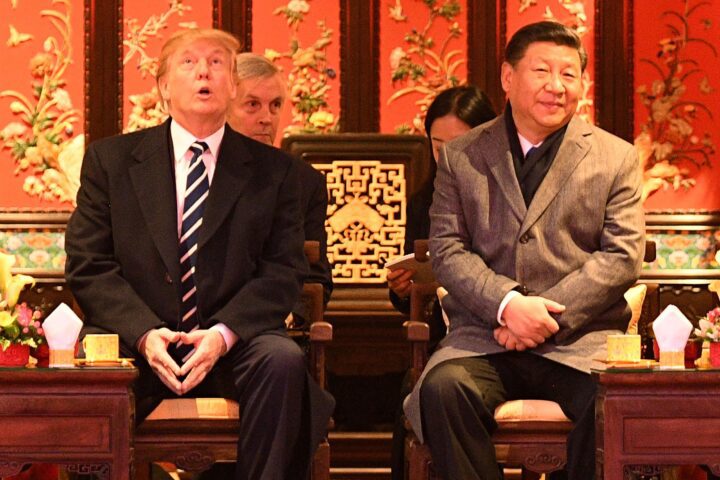In the wake of the National Assembly’s historic vote to overthrow the French government led by Prime Minister Michel Barnier, global currency and bond markets have been quick to respond, pricing in the uncertainties that this latest twist in French politics brings. The primary concerns for investors revolve around the potential implications for the country’s escalating national deficit and its capacity to service debt. Moody’s, the esteemed credit ratings agency, stated in a note on Thursday that the ousting of the government “reduces the probability of a consolidation of public finances”.
The French economy, already strained by the aftermath of the COVID-19 pandemic, faces mounting challenges as its national deficit reaches alarming levels. The Barnier government had proposed fiscal reforms and austerity measures to curb public spending and address the deficit. However, a recent political upset has thrown these plans into doubt, raising investor concerns about France’s ability to manage its growing debt.
The currency market, known for its sensitivity to geopolitical events, reflected this uncertainty. The Euro dipped against major currencies, including the US Dollar and the British Pound, as investors fled to perceived safer assets. The plummeting Euro reflects the market’s apprehension about the potential economic fallout from the political upheaval in France.
Simultaneously, the bond market has also reacted to the news. Yields on French government bonds, which move inversely to prices, have spiked, indicating that investors are demanding a higher return for the perceived increase in risk. This reaction underscores the market’s fears that the new government may struggle to honour its debt commitments.
A key point of concern is the probability of a downgrade in France’s credit rating. Moody’s warning about reduced chances of public finance consolidation feeds into this fear. A lower credit rating would increase the cost of borrowing for the French government, further exacerbating the nation’s debt crisis.
Moreover, the political instability could deter foreign investors, whose capital inflows are crucial for spurring economic growth and managing the deficit. The French economy relies heavily on foreign investment in sectors such as technology and manufacturing. A dip in these inflows due to political uncertainties could further strain the economy.
However, it’s not all doom and gloom. Political instability often leads to short-term market reactions, and some analysts argue that this may present buying opportunities for risk-tolerant investors. They believe that the French economy, backed by robust fundamentals and a diverse economic structure, can weather this storm.
The ousting of the Barnier government has triggered a wave of uncertainties, reflected in the currency and bond market responses. While the situation may seem precarious, it’s crucial to remember that markets are inherently volatile and often driven by sentiment. As France navigates this political storm, only time will tell how its economy will ultimately fare. But for now, all eyes are on the National Assembly as they decide the country’s political and economic future.







